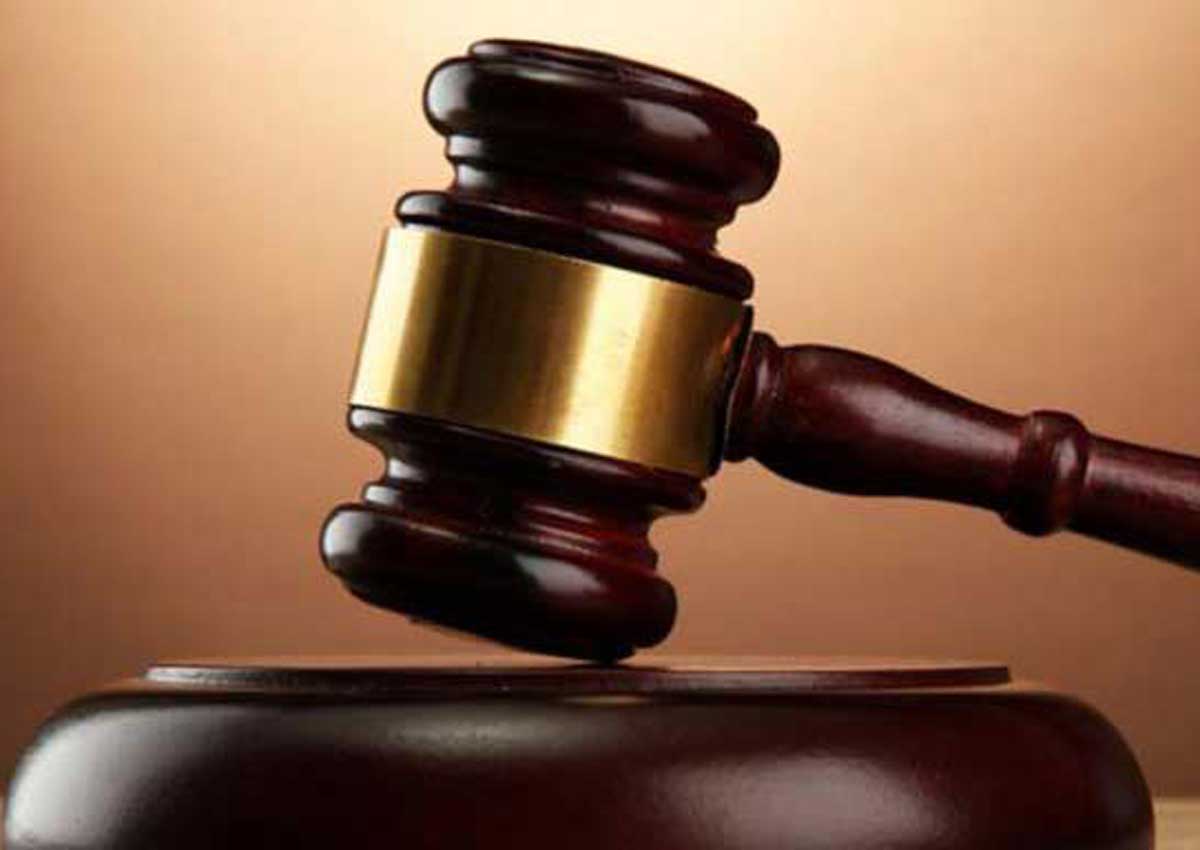The sister of the co-owner of a popular Joo Chiat popiah shop has failed in her $1.2 million insurance claim against AIA Singapore after the High Court ruled that his death was not an accident.
Justice Judith Prakash found that Mr Quek Kiat Siong ” probably deliberately consumed more medication than he should have, and that this was the cause of his death”.
“I cannot find his death to have been caused by an accident falling within the policies,” she said in judgment grounds released yesterday.
The judgment is significant in clarifying what makes for an accident as described in a personal accident insurance policy in order to qualify for an insurance payout.
Ms Victoria Quek, elder sister of the dead man, had taken AIA to court to seek payouts on two personal accident policies.
But AIA countered that Mr Quek did not injure his body in any accident, so the policies did not apply.
Mr Quek, who was single and said to be a street-smart and savvy businessman, helped run the Kway Guan Huat Joo Chiat Popiah & Kueh Pie Tie – a business started by his father in 1938 on the same premises.
In July 2012, the 50-year-old was admitted to Mount Elizabeth Hospital for a month-long treatment for back pain. He was also treated by a psychiatrist for anxiety, depression and insomnia. He was prescribed 14 drugs by different doctors.
On Aug 4, 2012, he was found unconscious on his bedroom floor by a tenant at his Everitt Road house and rushed to Changi General Hospital. He died on the same day.
Lawyers Melanie Ho and Chang Man Phing argued that his death was an accident caused by “mixed drug intoxication” from the medication that was “completely accidental and unintentional”. They claimed he had consumed the drugs in the quantities prescribed and not extra amounts.
But defence lawyers Lim Tong Chuan and Joel Wee countered that AIA was not liable as Mr Quek must have intentionally overdosed on the drugs and, in any case, his death was not “accidental” or ” involuntary” because the drug consumption was not an involuntary act.
At issue was whether the policies covered the risk of dying from the voluntary consumption of the medicine according to the prescription and if the death was caused by the drug consumption, said the judge.
She held that Mr Quek’s death would be an accident “if it was not the intended result of consuming the medication”.
As a general principle, a voluntary act with unexpected consequences is treated as an accident, she added.
But Justice Prakash concluded that he had overdosed, relying on the scientific and medical evidence from the 12-day hearing last year.
“Notwithstanding that on the night before his death the deceased did not display any signs of being suicidal, he must have deliberately consumed excess medication,” she said.
Justice Prakash, who dismissed the claims with costs, said she was “perturbed” by the failure of Ms Quek and the dead man’s nephew Lucas Lim to give evidence.
“Overall, I gained the strong impression that the plaintiffs had organised their case in a particular way and had considered very carefully the evidence that they would present in court. I found them less than fully forthcoming.”

This article was first published on April 2, 2016.
Get a copy of The Straits Times or go to straitstimes.com for more stories.






